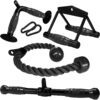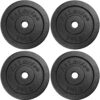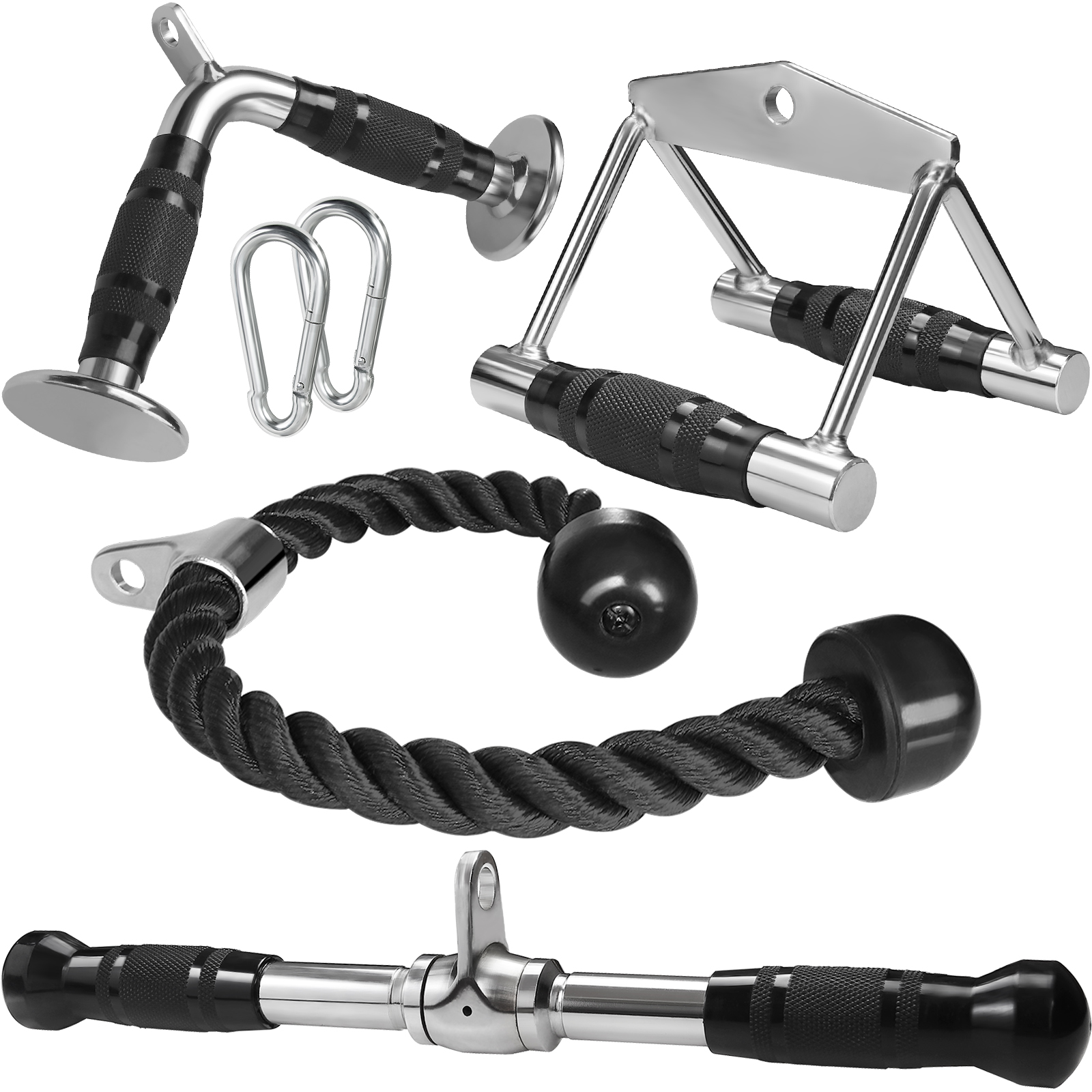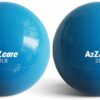Future proof your body: Food you need to do now to be healthy in later life
What you should be eating
What you put in your body becomes all the more importance comes mid-life. Healthiness now isn’t as simple as looking in the mirror and looking at the scales: you can be an outwardly fit, slim person and still, harbor gremlins inside that will take their toll later in life.
Fortunately, it’s not too late to correct years of overindulging on fast food and quick snacks. Stick to these easy rules and you should ensure that your diet works for you rather than against you…
1. Stay hydrated
Did you know that almost any ailment is at least slightly alleviated by a high water consumption?
This is because a hydrated body is our optimal and natural state of health, helping to flush toxins, reduce inflammation, lubricate joints, support your metabolism and improve energy, digestion, and mental performance. Often you’ll get a noticeable increase in health and vitality just from upping your water intake alone.
It’s absolutely essential to stay hydrated if you want long and lasting health. Don’t like the taste? Get over it! Water is your life source.
2. Eat a balanced diet
We could get really complex on this one, go into all the various diets out there and calorie counting apps and fasting theories. But it only serves to put a lot of people off – and to an extent, it’s all just noise anyway.
Here’s the one easy rule you can use instead: eat 40pc carbs, 30pc fats, and 30pc proteins. That should ensure you have enough energy for the demands of the day, take in all the building blocks for muscular repair after exercise, and supply the fats needed for optimal hair, hormone, and skin health.
Of course, everyone is a bit different, and you can play around with that formula to fit your needs. But it’s a good starting block for a diet that will keep you fighting into later life
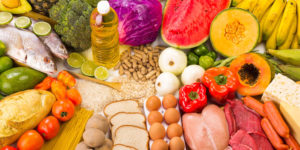
Image: Internet
- Eat a colorful plate
It seems trite, but it’s true. Filing your plate up with several colors for every meal practically ensures that you consume a varied intake of healthy fruit and vegetables, which provide an abundance of vitamins, minerals, and antioxidants.
The antioxidants alone will play a huge role in how well you age, as they help to battle damage from free radicals and oxidative stress. An increased intake will fortify your immune system, making you more resilient to illness and disease.
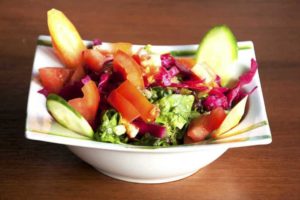
Image: Internet
4. Get a micronutrient test
Micronutrients sound like a complicated word, but realistically they’re already a natural part of your diet, present in all (well, most) of the foods you eat.
However, as the body depends heavily on micronutrients like calcium, vitamin B12, magnesium, potassium and omega 3s, it’s worth checking that you’re not suffering from a deficiency.
5. Avoid high Fodmap foods
Remember when I said we could get more complicated about diet in point seven? Well, this is one of those examples – and I promise it’s more than just needless noise!
Fodmap foods are certain types of carbohydrates that cause a significant amount of abdominal distress for many people. Over 4 million people in the UK regularly suffer with IBS, and your chances of being affected increase as you get older. Reducing your instances of Fodmap foods and finding alternatives should help to alleviate abdominal bloating and indigestion.
Common offenders include Onions, garlic, wheat, animal milk, and apples.
6. Limit alcohol and caffeine
Whilst alcohol and caffeine can certainly be enjoyed in moderation and, arguably, have significant health benefits at a low rate of consumption (red wine can help heart health and coffee beans are believed to lower dementia risk), it goes without saying that overconsumption of either is going to have negative consequences. For example, as you get older, your liver might struggle to clean your blood of alcohol with the same efficiency of its more youthful days.
So, don’t stop drinking, but do drink with careful moderation.
Source: telegraph.



